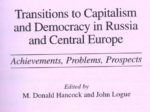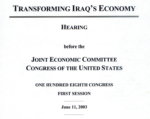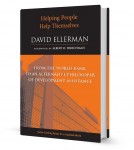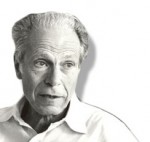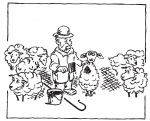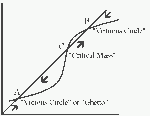In this paper, I am publishing for the first time the author’s devil’s advocacy document when I was Senior Advisor to the Chief Economist of the World Bank, Joseph Stiglitz.
My Congressional Testimony on Iraq in 2003
This is my testimony to the Joint Economic Committee of Congress in 2003 making recommendations after the U.S. conquered Iraq and had to figure out what to do. Today, it can be read as a negative-blueprint since the U.S. seems to have done just the opposite on every count.
Autonomy-Respecting Assistance
This paper, written upon request for the UNDP volume on Capacity for Development and in time for a big conference in Mexico on the topic, is a good brief summary of my then forthcoming book, Helping People Help Themselves –even if I was screwed out of a sizable honorarium by one of the editors, Malik.
Revisiting Hirschman
This paper revisits the seminal early work of the late Albert Hirschman on development strategy and his critique of the “big push” strategies in order to elucidate the current debates about conditionality-based aid and comprehensive development programs.
Mixing Truth & Power: A Guest Editorial
After the dissent-motivated departures of Joseph Stiglitz, Ravi Kanbur, and now Bill Easterly, even “the most casual observer” can begin to “connect the dots” and see that the Bank is having a problem handling dissent and criticism coming from internal sources. This editorial in the World Bank Staff Association Newsletter traces the problem to the organizational stance of taking “Official Views” on the complex questions of development–thereby mixing power and truth to the detriment of the latter.
Getting the bugs out of the Knowledge Bank
This note argues that the World Bank should base the Knowledge Bank on the way human learn, not the way insects learn.
World Bank survey paper on migration
This survey of the literature on migration and development was my last written product before retiring from the World Bank. But the results of years of documented experience is that migration leads to poverty alleviation (remittances) but not development. This is not the message that the Bank wants to hear so the results are largely ignored.
Should Development Agencies Have Official Views?
The major development agencies have ex cathedra “Official Views” (with varying degrees of explicitness) on the complex and controversial questions of development. At the same time, knowledge is now more than ever recognized as key to development—in the idea of a “knowledge bank” or knowledge-based development assistance. I argue that these two practices are in direct conflict—much as making Lysenko’s views as “Official Soviet Science” was in conflict with the progress of the science of genetics in the Soviet Union. When an agency attaches its “brand name” to certain Official Views, then it is very difficult for the agency to also be a learning organization or to foster genuine learning in the clients.
